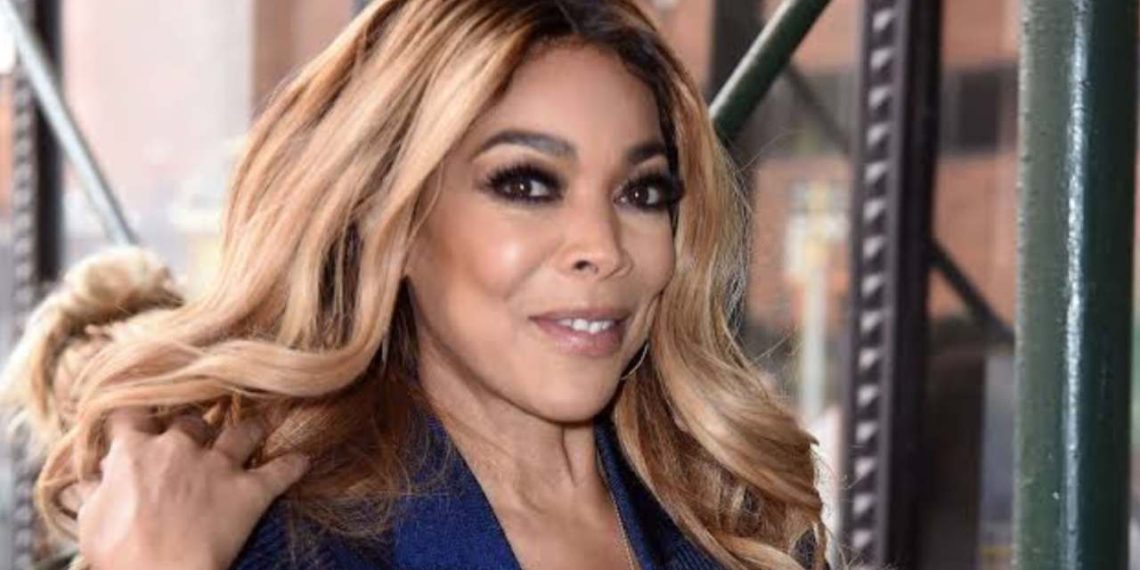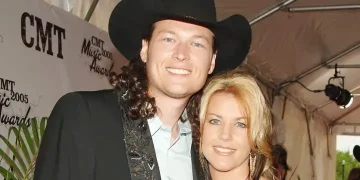The concluding installment of the four-part Lifetime documentary “Where is Wendy Williams?” introduces a fresh perspective through Wendy Williams’ sister, Wanda. Despite initial reluctance, Wanda joined the project a year after filming commenced.
“It has been a long journey in terms of the experience for our family and for Wendy,” Wanda says in the documentary. “I hope to come out of this letting people see the love that we have as a family together for each other as well as the love we have for Wendy, and to understand the journey we’ve been through that has not always been perfect. Everyone wanted the same thing, which is to see Wendy healthy and happy.”
While Wanda’s on-screen presence is reserved for the fourth installment, Wendy Williams, an executive producer, references her sister as early as the first episode, aired on Feb. 24. Responding to queries about ongoing substance abuse rumors, Williams candidly shares,
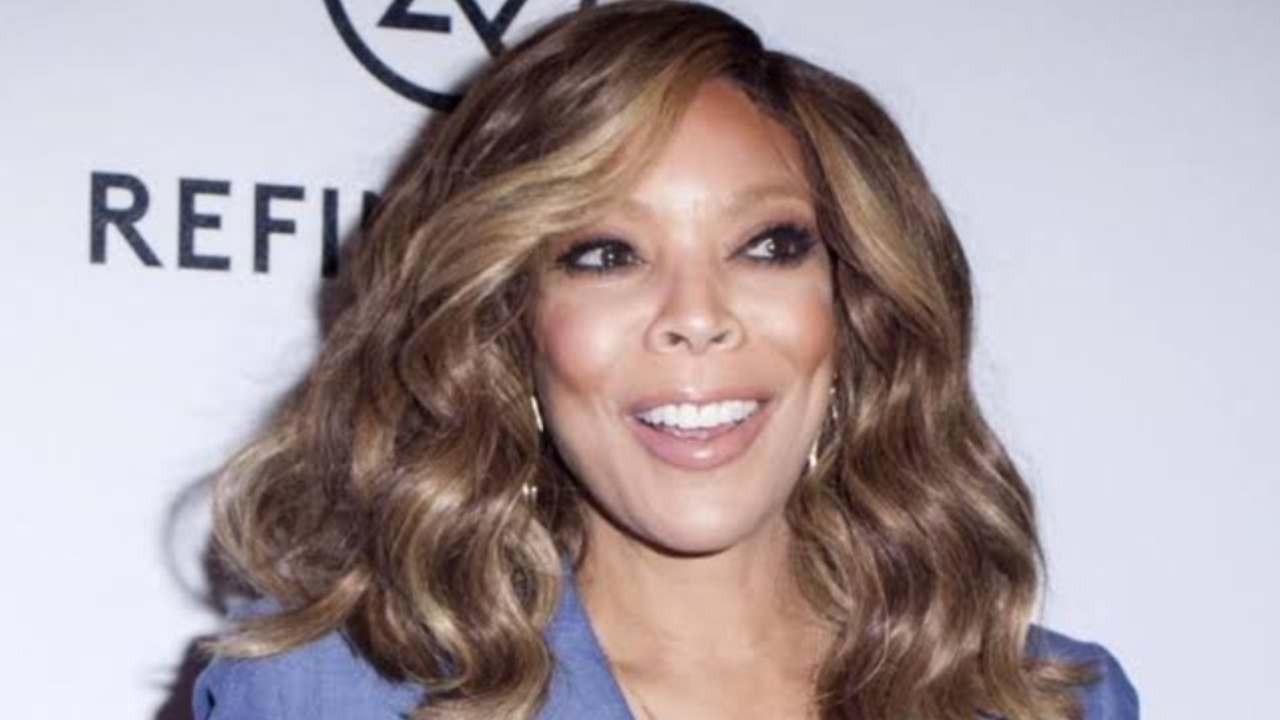
“I love vodka, and the issue lies with Wanda; she’s my sister. I adore Wanda, but she struggles with my fondness for alcohol.”
Wanda plays a crucial role in grounding her family’s struggle to regain control of Wendy Williams’ care from her court-appointed guardian, identified as Sabrina Morrissey following a recent legal complaint seeking to halt the series, which was ultimately rejected.
Amidst the documentary’s unfolding, a new cognitive disorder is revealed, distinct from the previously announced diagnoses of primary progressive aphasia and frontotemporal dementia, disclosed by Williams’ team just days before the documentary’s premiere.
The family’s apprehensions regarding access to Williams and the motives of those involved reach a climax, highlighting the limitations of the guardianship under which Williams is placed, depicted on screen. Additionally, Williams released a rare statement via her representative on Friday.
Here are the biggest questions raised in parts three and four of Where is Wendy Williams?
Wendy Williams’ Battle: Revealing the Diagnosis Of Alcohol-Induced Dementia
In the fourth part of the documentary, Wendy Williams returns to Miami, Florida, reuniting with her family almost a year after her last visit in the fall of 2021.
During a conversation with a producer, Williams’ son, Kevin Hunter Jr., discloses the reason for her previous stay: doctors informed him that she was grappling with alcohol-induced dementia.
Reflecting on accompanying his mother to medical appointments, he shares insights into her internal struggles, revealing that her excessive drinking had begun to impact her mental clarity and cognitive function.
Wendy Williams’ niece, TV anchor Alex Finnie, reveals in the documentary that she learned about her aunt’s diagnosis one year later in the fall of 2022 through her family.
Reflecting on the situation, Finnie describes the gradual onset of symptoms associated with dementia, such as forgetfulness about birthdays and names, indicating a slow decline.
However, upon spending time with her aunt and witnessing the extent of her condition, Finnie realizes the profound impact it has had, acknowledging the heartbreaking nature of the situation.
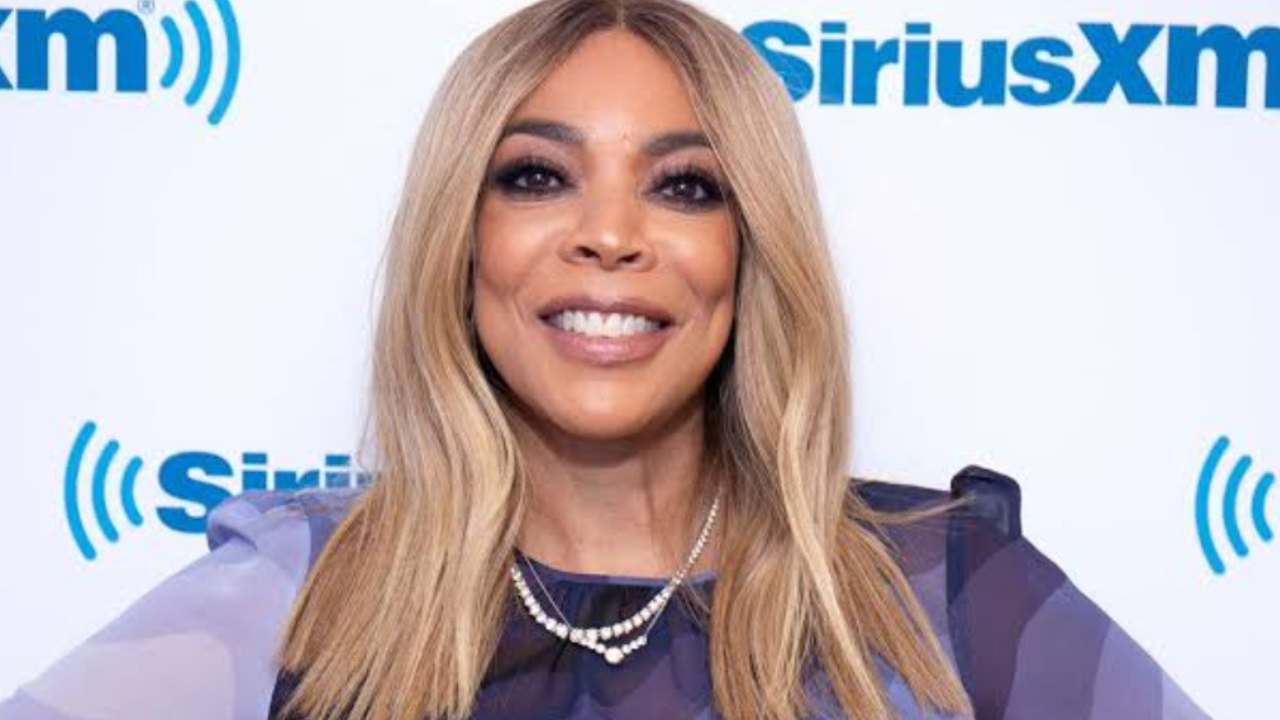
Revisiting the factors discussed in parts one and two of the documentary that contributed to Wendy Williams’ increased alcohol consumption, Alex emphasizes,
“When it’s come to my aunt’s dementia, there are three things that didn’t help her: divorce, the pandemic, and then losing my grandmother.”
Guardianship Conundrum: Wendy Williams’ Decision-Making Dilemma
Though Williams’ guardianship has been portrayed as primarily financial, Morrissey holds legal control over all facets of the media personality’s life, including travel, residence, contacts, and decision-making.
Towards the conclusion of part four, Williams’ manager Will Shelby, among the select few with access to her, discloses her expressed wish to relocate to Miami where her family resides.
When asked by producers if this move necessitates court approval, Shelby responds,
“Everything with Wendy is a court decision, everything. She’s not making any decisions on her own. Everything has to be decided by the court.”
In part three of the documentary, viewers glimpsed the extent of Williams’ guardian’s authority over her movements when her publicist, Shawn Zanotti, flies Williams to Los Angeles in March 2023 for discussions with NBC about her television comeback, unbeknownst to Shelby or Morrissey.
NBC chose not to comment on the meeting with producers. Shelby expressed dissatisfaction with both Williams and Zanotti, remarking,
“I don’t even know how the guardianship feels about this.”
Bleeping out Morrissey’s name — as her identity had remained private in court-sealed documents at the time of production — he goes on to say,
“[Blank] texted me asking me, ‘Is Wendy in L.A.?’ I ignored her. I don’t even know what to tell her ‘cuz now she’s gonna look at me like, ‘How did you let Wendy go up to L.A.?’ So now, she’s not going to trust me. They don’t understand the position they put me in. I’m just pissed.”
Even before Williams was officially placed under a court-ordered guardianship, her rights and those of her family started to be stripped from them, Hunter Jr. says in the doc.
“My power of attorney was taken away from me when the court proceeding started,” he explains. “And then they tried to say that while the court case was going on that if we wanted to bring her to Florida, it’d be considered kidnapping.”
Concerns Of Exploitation: Wendy Williams’ Family Speaks Out
Zanotti was already viewed skeptically by Williams’ family, especially by her niece, who greets her coldly upon finding Zanotti at home with her aunt in New York during a visit. Shortly after, Alex excuses herself, informing producers she prefers not to film with Williams’ publicist.
“This is my aunt, and I don’t need her in the room. I’m not doing that. I don’t even know who this person is,” Alex says before bursting into tears. “This is all very jarring. Like, what is going on?”
Alex decides to confront her aunt after Zanotti leaves, having observed her unsuccessful attempts to comfort Williams’ niece.
Alex is heard muttering under her breath, “I don’t need your fake, using behind in the middle of my relationship,” before Zanotti departs.
Subsequently, Alex directs her attention to her aunt, bluntly asking,
“I’m just trying to understand. Like, what you pay her and, she’s your friend?”
When Williams confirms, Alex endeavors to reason with her.
“I’ll be honest with you. It’s no secret that there have been random people around you getting money, getting paid, whatever the case may be. I’m just trying to figure out your friend that you’re saying is your friend that you’re also paying.
It’s giving a little desperate energy. You are an A-list celebrity. You are bigger than this. You are better than this. You are smarter than this. You are stronger than this.
The Aunt Wendy that I know, that has instilled in me how to navigate this crazy business that we’re in, this isn’t it,” Alex says before later adding, “Listen to the people in your life that are not taking a dime.”
Family’s Guardianship Aspiration: Wendy Williams’ Inner Circle’s Longing
In part four, the Williams family unequivocally expresses their longstanding desire to oversee her care, with the expectation that they would assume this responsibility.
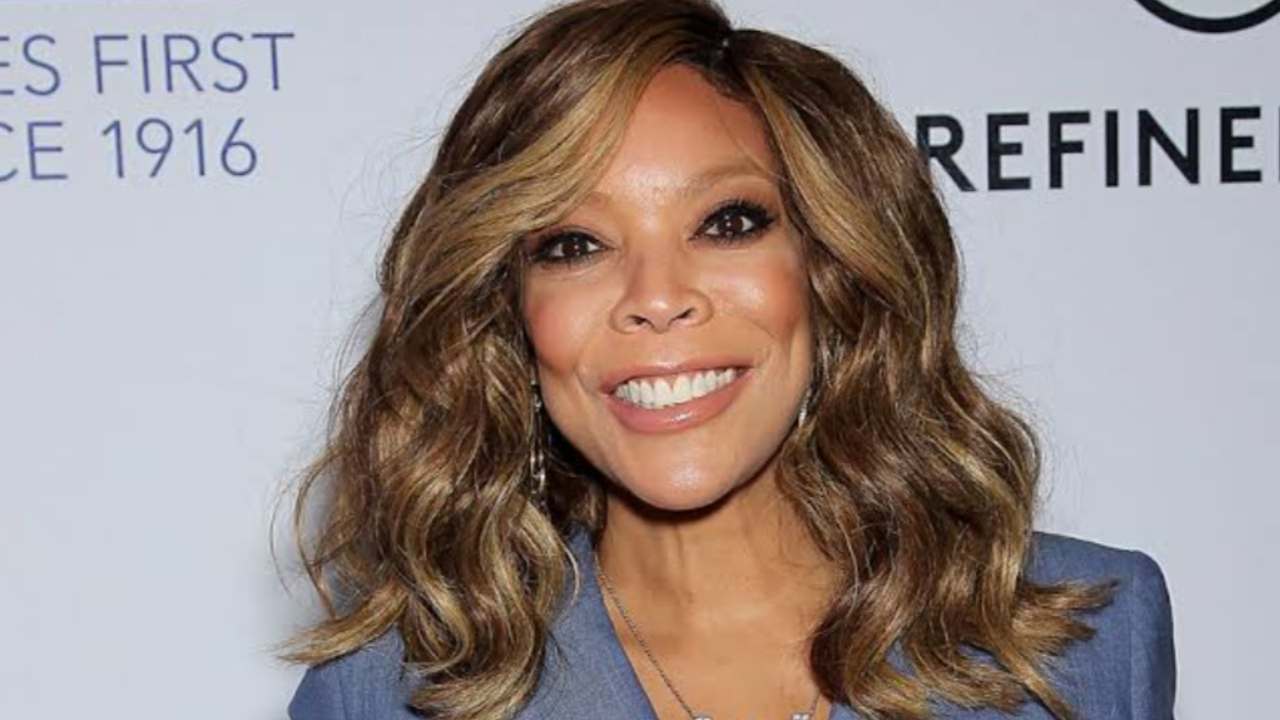
“The decision to bring her to Florida was between us and the show,” Williams’ nephew Travis Finnie says of Williams’ visit to Miami in 2021 in the doc.
“It was a group decision. The decision to keep her in Florida, extended, was a family decision and that’s where the show and the family started to disagree and the financial advisor. They saw that she was down here for too long, and our priority wasn’t just to dust her up and then put her back on stage, it was to actually focus on long-term recovery, and that’s when they started fighting this.”
Still, following Williams’ return to New York in April of 2022 for court proceedings regarding potential guardianship, her family maintained the belief that she would remain under their care.
“When the whole process started, all members of this family were contacted about Wendy and what we needed for her,” Wanda explains. “My feeling as her sister was that Wendy needed to have somebody with her 24 hours a day for the next few months. I was asked, if would I consider being a guardian. And I said, ‘I don’t know what being a guardian involves.’ I was told that it involved taking some kind of class, and I said, ‘Yeah I’ll do it.’ I said, ‘Whatever I gotta do, I’ll be focused on Wendy’s health.’ And then all of a sudden, the wall came down and there was nothing.”
Williams’ family contends that upon her return to New York, her condition deteriorated, with her nephew recounting an occasion when he flew to New York to visit, only to find Williams spending entire days in bed with bottles of vodka.
“I think that the guardianship system is broken,” Wanda later says in the episode. “If this is how it works, then it’s broken.”
Her remarks echo similar sentiments expressed by Hunter Jr. in part three of the documentary.
“I feel like the guardian has not done a good job of protecting my mom, and I feel like Will is a jeweler at the end of the day,” he says of her manager, Shelby. “I think he’s trying to do his best. At the same time, dealing with my mom is a very intense job to have that a lot of people can’t handle.”
Asked by producers about his concerns if there isn’t a significant change, Hunter Jr. admits,
“I’m afraid that she could die.”
In a final opportunity to address the court’s implication that her family wasn’t fit to care for Williams, Wanda tells producers,
“I don’t understand what ‘not capable’ means. From the outset, there have been family members willing to assume responsibility for guardianship and her personal needs to ensure her well-being.”
Emphasizing her family’s pure intentions, Wanda adds,
“I’m not talking about her money. You put money over here. They’re people in this family who care more about the well-being of my sister than anyone. All I want is for my sister to be healthy.”
Searching In The Dark: Wendy Williams’ Family’s Uncertainty
As the documentary’s title foreshadows, the whereabouts of Williams remains a question her family is unable to answer.
“I don’t know the exact location of where she is, but I know that she is in an environment that is helping her to heal, emotionally, psychologically, and physically,” Wanda says when probed by producers. “That’s what I hope happens when she gets home.”
Asked where home is, she admits,
“I don’t know. I don’t know what’s going on with the apartments in New York.”
In one of the final scenes in the documentary, the apartment where Williams was filmed throughout the entire process is shown empty. When the producers, who ceased filming in April 2023 due to concerns for Williams’ well-being, inquire if Alex was aware that her aunt’s apartment was emptied and listed for sale while she was in a wellness facility, she reveals that she wasn’t.
Wanda also discloses that she hasn’t been in touch with Williams’ guardian for over a year and that contact with her sister is sporadic.
“I communicated with her in July,” she says. “She will call me and then all of a sudden there is no communication.” [Finnie also spoke about this on The View last week.]
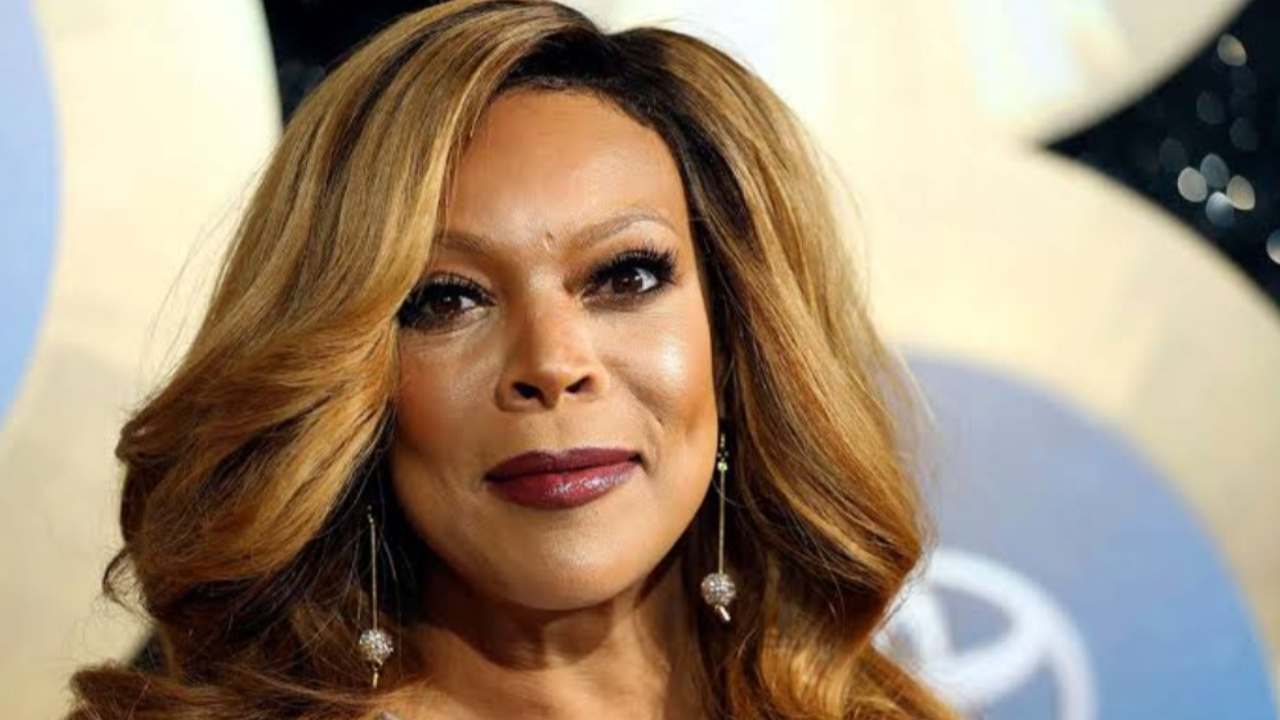
The family remains hopeful about her prognosis. Their perception of her health appears to align with the statement released by her team, asserting,
“Wendy is still able to do many things for herself. Most importantly she maintains her trademark sense of humor and is receiving the care she requires to make sure she is protected and that her needs are addressed.”
Shelby, in the documentary’s conclusion, states that Williams is presently sober and regaining her former self, a sentiment seemingly confirmed by Wanda’s observations during phone conversations.
“Wendy’s in a more positive place and in a stronger place than she was a year ago,” she says in the doc. “It’s almost like I’m talking to Wendy from years ago. It really is. She said, ‘Family is very important, Wanda. I realize that I need to be with my family. I’m ready to move on.’ “Her resilience is unparalleled, it’s unmatched,” Wanda adds through tears.
“I know people go through a lot of stuff every day. She has withstood attack after attack after attack. She is my hero because even now with what she’s going through, to be able to withstand it and still come back, to still have conversations, that takes a special person. So she will always be my hero. I will do whatever has to be done to help her be healthy.”
The end title card for the series reveals that, at the time of completion, Williams’ family was still unable to see her in person. Additionally, it notes that according to New York State Mental Hygiene Law, Article 81.31, the court must conduct an annual review of her guardianship.


